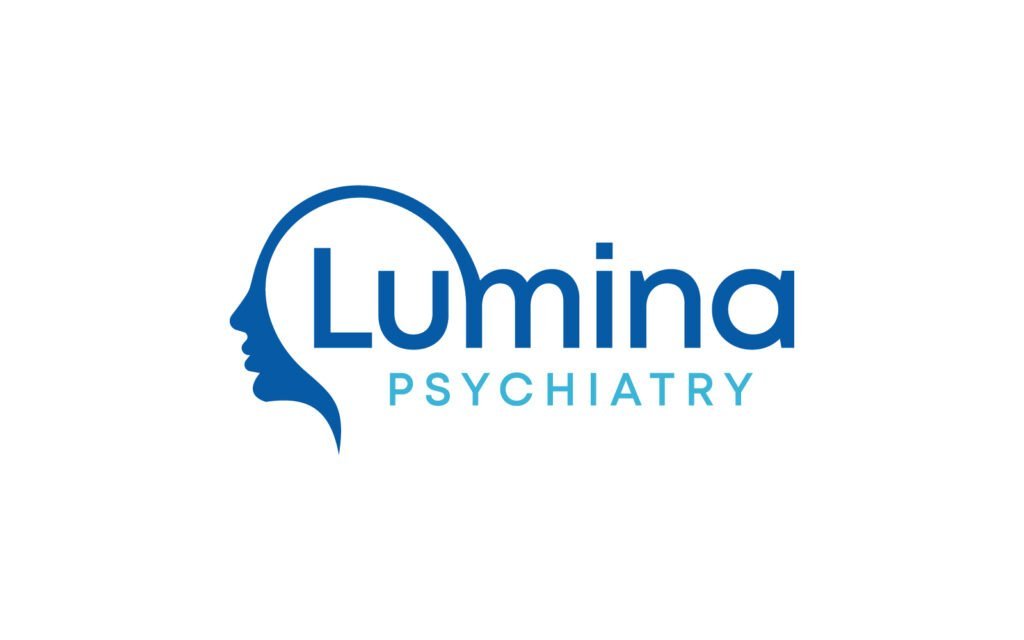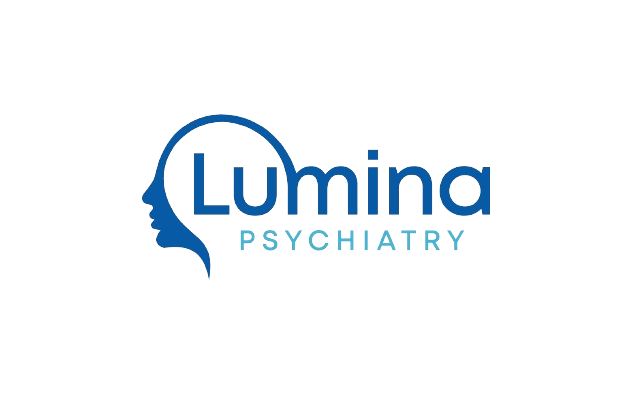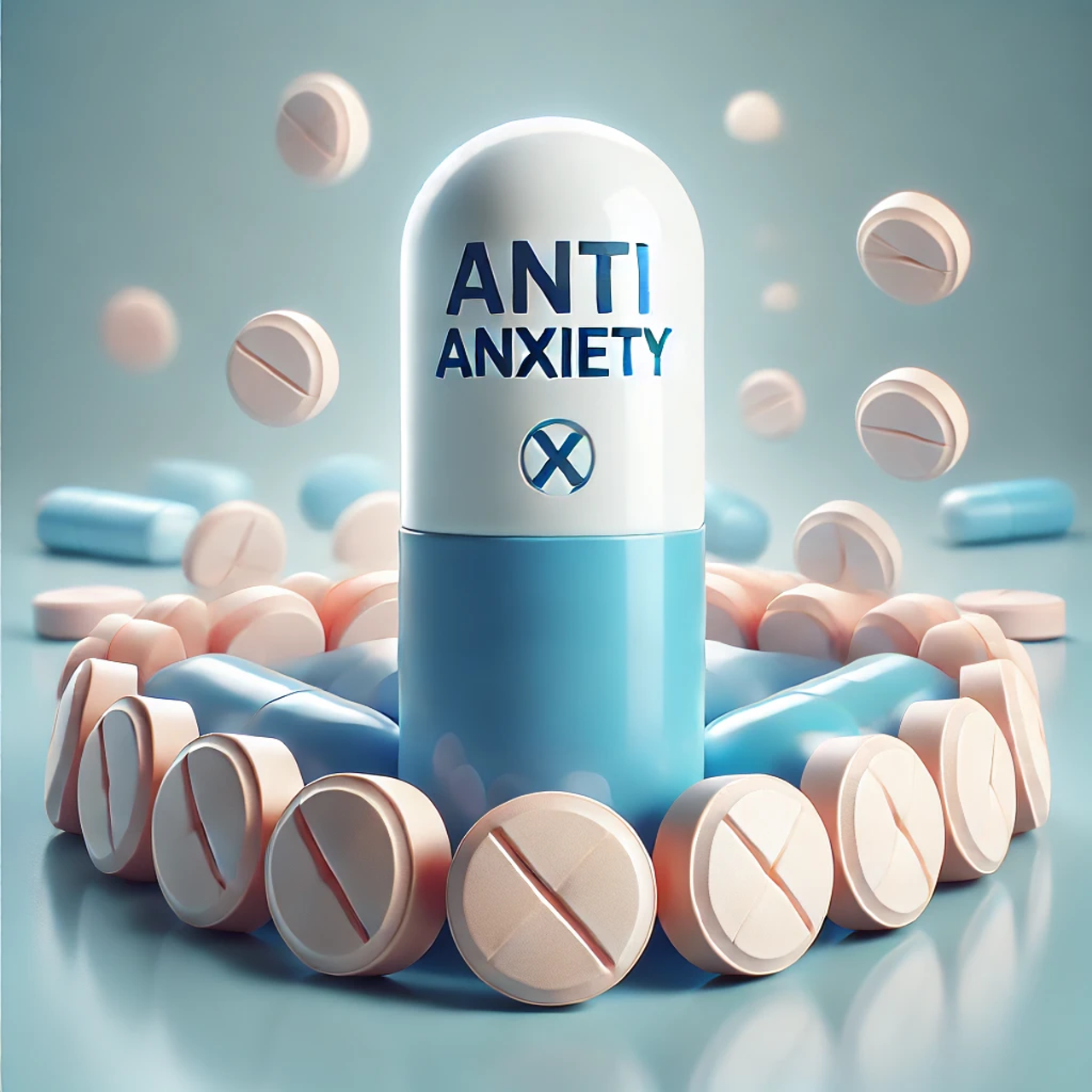Anxiety stands as a prevalent mental health condition affecting millions worldwide. It manifests through various symptoms, disrupting daily life and impeding one’s ability to function optimally. Recognizing its complexity, experts advocate for comprehensive treatment approaches that address both the mind and body. These strategies encompass medication and anxiety management, therapy, lifestyle adjustments, and more, tailored to each individual’s unique needs.
At the forefront of pioneering treatment options, Lumina Psychiatry plays a critical role. The institution commits to integrating the latest research findings into their practice, offering cutting-edge treatments that promise better outcomes for those battling anxiety. By emphasizing personalized care, Lumina Psychiatry not only enhances the effectiveness of anxiety management but also contributes significantly to the broader understanding of mental health treatments. This dedication to innovation and individualized care marks Lumina Psychiatry as a key player in transforming how we approach anxiety treatment today.
Understanding Anxiety Disorders
Types of Anxiety Disorders
Understanding anxiety disorders requires delving into the various forms they take, each with distinct characteristics. Firstly, Generalized Anxiety Disorder (GAD) encapsulates a prolonged state of worry and tension, often without a specific cause. Secondly, Panic Disorder emerges through sudden, intense episodes of fear, leading to physical symptoms like heart palpitations and shortness of breath. Thirdly, Social Anxiety Disorder revolves around overwhelming fear and avoidance of social situations due to feelings of embarrassment or judgment. Additionally, there are Specific Phobias, which involve an irrational fear of specific objects or situations.
Symptoms and Diagnosis
It’s crucial to acknowledge the commonalities across these disorders. Symptoms often include restlessness, difficulty concentrating, and sleep disturbances, alongside the more specific manifestations tied to each disorder. Given these overlapping symptoms, obtaining a professional diagnosis becomes paramount. A thorough assessment by a healthcare professional ensures accurate identification of the disorder, paving the way for effective treatment. This step is critical because it lays the foundation for a tailored treatment plan, addressing the unique challenges each disorder presents.
The Role of Medication in Anxiety Management
How medications help
Medications significantly aid in managing anxiety by directly influencing neurotransmitter activity within the brain. These chemical messengers are crucial for mood regulation and stress response. By adjusting their levels, medications can effectively reduce the intensity of anxiety symptoms, leading to notable improvements in quality of life. Individuals find themselves better able to engage in daily activities, enjoy social interactions, and pursue personal goals without the constant burden of anxiety.

This therapeutic effect of medications unfolds in two primary modes: offering rapid relief from acute anxiety episodes and facilitating long-term management of chronic anxiety conditions. For instance, some medications can quickly alleviate physical symptoms of anxiety, such as palpitations and trembling, providing immediate comfort. Concurrently, other medications are designed for daily use, aiming to maintain a balanced neurological environment and prevent the recurrence of anxiety symptoms.
This dual approach underscores the dynamic nature of anxiety treatment, where the goal is not only to manage acute distress but also to establish a foundation for sustained mental health. By judiciously employing medications to regulate neurotransmitter activity, healthcare providers can tailor treatment plans that address both immediate relief and long-term stability, ensuring that individuals with anxiety can lead fuller, more satisfying lives.
Types of Medications Used
SSRIs and SNRIs: Mechanism of Action and Examples
Selective Serotonin Reuptake Inhibitors (SSRIs) and Serotonin-Norepinephrine Reuptake Inhibitors (SNRIs) increase the brain’s levels of serotonin and norepinephrine, respectively. These neurotransmitters play key roles in mood regulation. Examples include fluoxetine (an SSRI) and venlafaxine (an SNRI), both of which have shown effectiveness in reducing anxiety symptoms.
Benzodiazepines: Use Cases and Risks
Benzodiazepines quickly reduce anxiety symptoms, making them useful for acute anxiety episodes. However, they carry risks such as potential dependence and withdrawal symptoms, highlighting the need for cautious use under close medical supervision.
Beta-Blockers: Managing Situational Anxiety
Beta-Blockers, commonly prescribed for heart conditions, can also alleviate physical symptoms of anxiety, such as rapid heartbeat and trembling, particularly in situational anxiety scenarios like public speaking.
Other Medications: Tricyclic Antidepressants and Atypical Antipsychotics
Tricyclic antidepressants and atypical antipsychotics offer alternatives for those who may not respond well to SSRIs or SNRIs. These medications can be effective in treating various forms of anxiety but may come with different side effects.
Tailoring Medication Choice to Individual Patient Profiles
Choosing the right medication involves a thorough evaluation of the patient’s symptoms, history, and lifestyle. Healthcare providers work closely with patients to select the most suitable medication, ensuring the treatment plan is as effective and personalized as possible. This collaborative process is crucial in finding the optimal balance between efficacy and minimizing potential side effects.
Non-Medication Treatments for Anxiety
Cognitive Behavioral Therapy (CBT) CBT stands as a cornerstone in anxiety management, equipping individuals with strategies to challenge and alter negative thought patterns. This therapy focuses on developing coping mechanisms that empower patients to deal with anxiety proactively.
Lifestyle Changes and Self-Care Adopting healthy lifestyle habits significantly contributes to anxiety management. Regular physical activity, balanced nutrition, adequate sleep, and mindfulness practices like meditation can dramatically reduce anxiety levels.
Importance of a Multi-Faceted Approach No single approach fits all when it comes to treating anxiety. Combining CBT, lifestyle modifications, and possibly medication, ensures a comprehensive strategy tailored to individual needs, maximizing the potential for a positive outcome.

Integrating Medication with Other Treatments
How Medication Can Complement Other Treatments Medication can provide the stability needed for individuals to fully engage in therapy and implement lifestyle changes. By alleviating symptoms, medication allows for a more focused and effective application of CBT and other therapeutic techniques.
Importance of a Personalized Treatment Plan A personalized treatment plan is essential, as it considers the unique circumstances and needs of each individual. This plan integrates medication with non-medication strategies, ensuring a holistic approach to anxiety management. Collaboration between healthcare providers and patients is crucial to devise a plan that not only addresses symptoms but also supports overall well-being and quality of life.
The Role of Lumina Psychiatry in Anxiety Management

Lumina Psychiatry stands at the forefront of anxiety management by pioneering innovative treatment approaches. The center champions supportive and comprehensive care, ensuring patients receive a holistic treatment experience tailored to their unique needs. Through a blend of the latest therapeutic techniques and personalized medication plans, Lumina Psychiatry fosters a nurturing environment for recovery. The success stories and testimonials from patients speak volumes, highlighting profound transformations and significant improvements in their quality of life. These achievements underscore Lumina Psychiatry’s dedication to advancing mental health care and its commitment to empowering individuals to overcome anxiety.
Conclusion
Managing anxiety effectively combines medication, therapy, and lifestyle changes, with each playing a crucial role. We encourage everyone dealing with anxiety to seek help, emphasizing that recovery is within reach. Lumina Psychiatry remains dedicated to providing quality care, underlining its commitment to supporting individuals through their journey to overcome anxiety. Contact Lumina Psychiatry today and take the first step towards a healthier, more fulfilling life.




